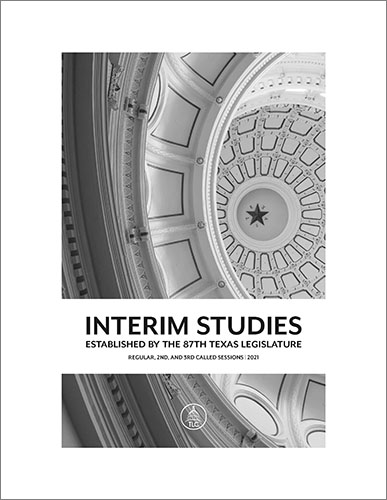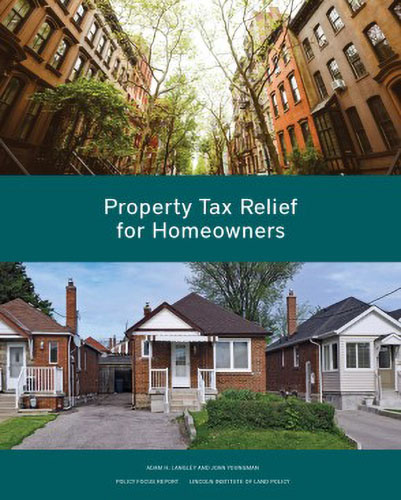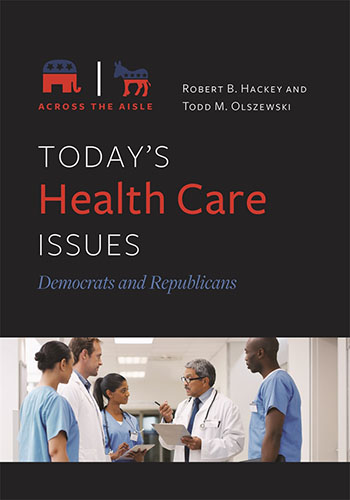The Library is continually adding new books to its collection. Below are the titles from our February 2022 New & Noteworthy list.
Check out and delivery of New & Noteworthy titles is available to legislative staff in Capitol and District offices. To arrange check out and delivery of any of these items, you can submit an online request through the New & Noteworthy page on our website, contact the library at 512-463-1252.
Explore our New & Noteworthy lists from 2017, 2019, and 2020, highlighting books by or about African Americans from our collection in honor of Black History Month.

1. The Gospel According to Wild Indigo
By Cyrus Cassells
Cyrus Cassells, the 2021 Texas Poet Laureate, is a writer and professor of English at Texas State University. He has received numerous awards, including a Guggenheim Fellowship and two National Endowment for the Arts (NEA) grants, and was nominated for the Pulitzer Prize in 2019. The Gospel According to Wild Indigo explores the joys and sorrows of our world and the cruelty of history through poetry. It illustrates the dark experience of an enslaved people while celebrating their resilience. His poetry delves into themes of pilgrimage, love, loss, and family while providing a sense of peace with his simple elegant style. Cassells was honored by HR 1220 and SR 412, 87th Legislature, R.S.
Crab Orchard Review & Southern Illinois University Press, 2018, 103 pages
STATE POETS

2. Texas Almanac: 2022-2023
By TSHA Press
Provides current articles, data, maps, and photographs highlighting everything Texas. Features a variety of subjects, including the 87th Legislature, government, population, elections, education, business, transportation, and the environment. Includes new articles on African American Texans and the COVID-19 pandemic in Texas. Note: Some earlier editions of the Texas Almanac are available on the Portal to Texas History website.
TSHA Press, 2022, 705 pages
317.64 T31A 2022-23

3. Vetoes of Legislation: 87th Legislature
By House Research Organization, Texas House of Representatives
Addresses the 20 bills vetoed by Governor Greg Abbott and passed during the 87th Legislature, R.S. in 2021. Provides a digest of each vetoed measure, the governor's reason for the veto, and a response to the veto by the bill's author or the sponsor.
House Research Organization, Texas House of Representatives, 2022, 29 pages
L1801.9 ST94 87-5

4. Water for Texas: 2022 State Water Plan
By Texas Water Development Board
Compiles reports from the sixteen regional water planning groups into an in-depth profile covering the past and future water needs of Texas. Examines and makes policy recommendations on various topics including drought response, current water availability, future demand, financing needs, and water management projects. Reports on the implementation of the 2017 State Water Plan and legislative changes that came after that plan. Mentions SB 1511, HB 2215, 85th Legislature, R.S., HB 721, and HB 807, 86th Legislature, R.S.
Texas Water Development Board, 2022, 183 pages
W605.8 W291P 2022

5. Texas Employment Law Handbook: A Guide for Employers
By Scott McDonald, Editor
Summarizes the current laws and regulations affecting employment in Texas. Includes chapters by labor law specialists on employment at will, worker's compensation, unemployment compensation, employee benefit plans, and occupational safety. Provides citations for case law as well as Federal and State statutes and rules.
Texas Association of Business and Texas SHRM, 2021, 550 pages
331 T312 2019-2021







